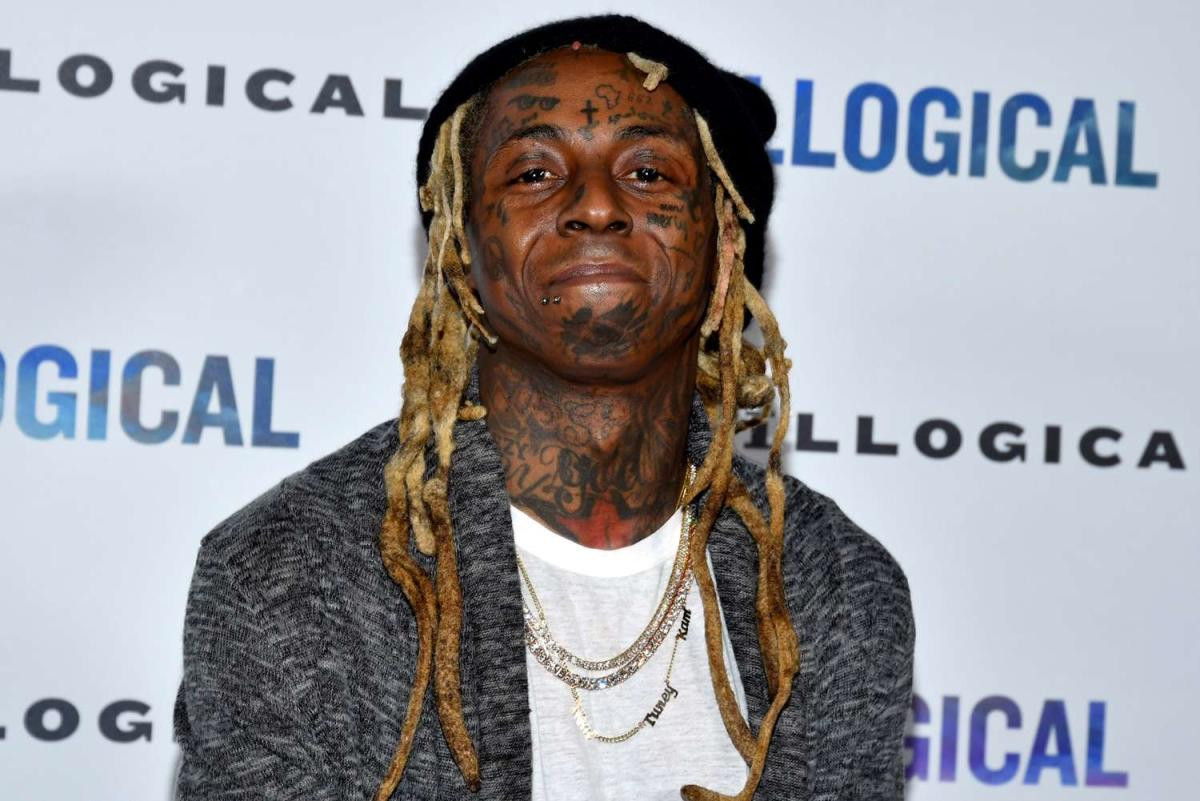Kanye West's Controversial Super Bowl Ad and the Swastika T-Shirt
While the Super Bowl was filled with its usual slew of star-studded commercials, one stood out as the most confounding of the evening. Rapper Kanye West, who has spent the last week posting hate-filled messages on X (formerly Twitter), appeared in a spot toward the end of the game for his fashion and shoe brand Yeezy. The ad, a seemingly low-budget affair shot on an iPhone, showed West lying down at the dentist, showing off his diamond-encrusted teeth, and stammering out a promotion for his website. The ad, which was not shown nationally but was reportedly aired in select markets such as Los Angeles, was ultimately paid for by Yeezy LLC. It even aired again on Fox later Sunday night, almost two hours after the game concluded. This Super Bowl ad, which was a local buy, didn’t air nationally, but its impact was far-reaching.
The Website's Shocking Transformation
Before the Super Bowl ad aired, Yeezy.com featured a variety of clothing items. However, within an hour of the ad's broadcast, the website underwent a significant change. All items were removed, replaced with a single product: a white T-shirt emblazoned with a black swastika, with the cryptic label "HH-01." This seemingly innocuous commercial, however, triggered a firestorm of controversy. This label, many have pointed out, serves as a coded reference to "Heil Hitler." The sale of the shirts, priced at $20 each, ignited a wave of condemnation from various groups, individuals, and media.
The Backlash and Condemnation
The Anti-Defamation League (ADL) swiftly issued a statement condemning West's actions, calling the swastika T-shirt "further proof of Kanye's antisemitism." They highlighted the swastika's historical significance as a Nazi symbol and its continued use by white supremacists. The ADL's condemnation was echoed by numerous other organizations and individuals, who criticized West's actions and pointed out the seriousness of promoting such hateful imagery. The ADL stressed that there was “no excuse for this kind of behavior,” particularly given the amplification achieved through the Super Bowl advertising. The organization also highlighted that Kanye advertised his website during the Super Bowl. They underscored that this action significantly broadened the reach of his message and fueled anxieties within groups he targeted.
The Fallout and Aftermath
The controversy surrounding The swastika T-shirt and the Super Bowl ad led to significant consequences. West's X account, already under scrutiny for its previous antisemitic and hateful posts, appeared to be deactivated later that evening. The controversy also raised questions about the processes that allowed West's ad to air. Those who approved the ad have been asked to comment on why they didn’t notice the red flags before airing it. A representative for the company that handled the advertising, USIM, did not respond to media inquiries. Neither did Fox TV Stations, who carried the ad.
Shopify's Role and the PR Crisis
Shopify, the e-commerce platform used by Yeezy, also faced criticism for allowing the sale of the controversial T-shirts. Crisis PR expert Ronn Torossian referred to Shopify’s action as a “colossal PR mistake.” He argued that there's no justification for allowing the sale of items representing hate symbols and added that this would need to be addressed. He noted that making money selling a shirt symbolizing the Nazis and implying the death of millions of Jews was atrocious and inexcusable. Other critics have expressed concern about the platform’s responsibility in allowing the sale of such items, highlighting the ethical implications involved.
The Unraveling of a Legacy: A Deeper Look into Kanye West's Actions
The events surrounding Kanye West's Super Bowl advertisement and the subsequent sale of the swastika T-shirt are not isolated incidents. They are part of a larger pattern of controversial and inflammatory statements made by the rapper, showcasing a disturbing shift toward extremism and antisemitism. This incident provides a potent example of the perils of unchecked hate speech and the power of media platforms to amplify harmful narratives.
The controversy further highlights the complexities of regulating online content and the need for platforms to take proactive steps to prevent the spread of hate speech and harmful ideologies. This situation also raises broader questions about the responsibility of advertisers and media outlets in vetting content and ensuring that their platforms are not used to promote harmful messages. West’s actions have brought about intense debate on the balance between freedom of expression and the prevention of hate speech propagation.
West’s recent actions are not simply an isolated case of poor judgment; they represent a serious escalation in his public behavior that necessitates careful consideration of its implications on society. The implications of West’s actions reach far beyond personal opinion. His influence as a prominent figure has created ripples of far-reaching effects within various social and cultural realms. This incident served as an alarming illustration of the speed at which hateful ideologies could become mainstream through online platforms and media coverage. It further necessitates a collective effort to fight against such expressions.
The aftermath of this incident compels us to contemplate the complex intersection of commercial interests, social responsibility, and the urgent necessity for more effective measures against hate speech in the digital age. The incident has triggered a comprehensive evaluation of existing methods for regulating online content and prompted widespread discussion about how to combat hate speech efficiently and effectively. This serves as a crucial reminder of the responsibility of online platforms in curating content and shielding their users from exposure to dangerous and prejudiced material.

















